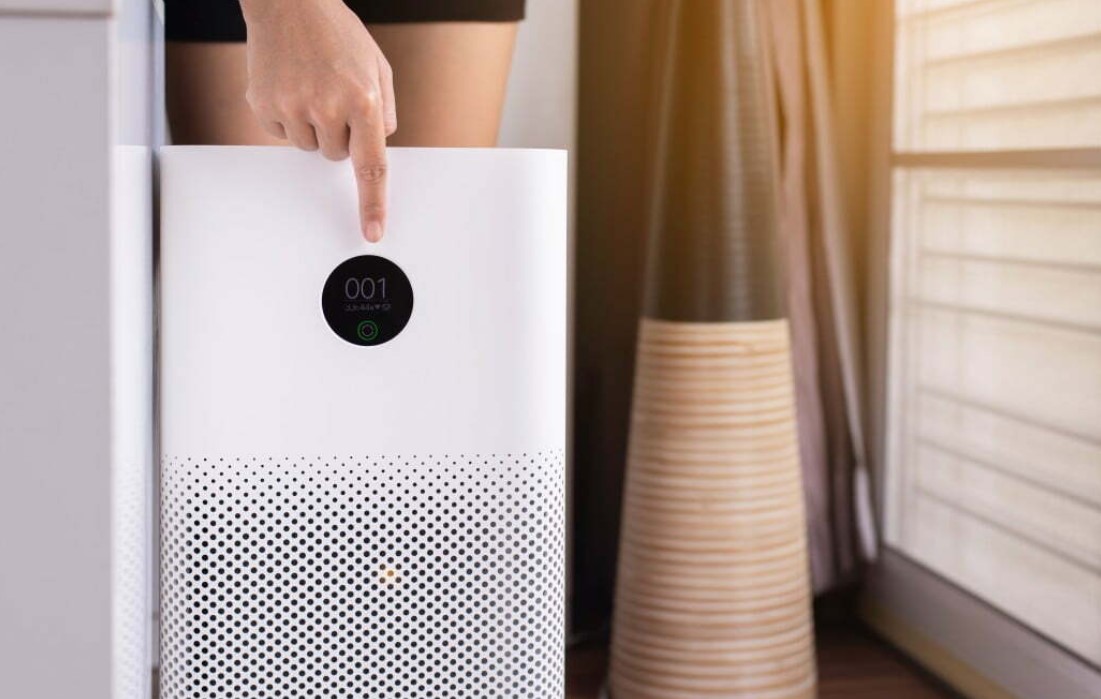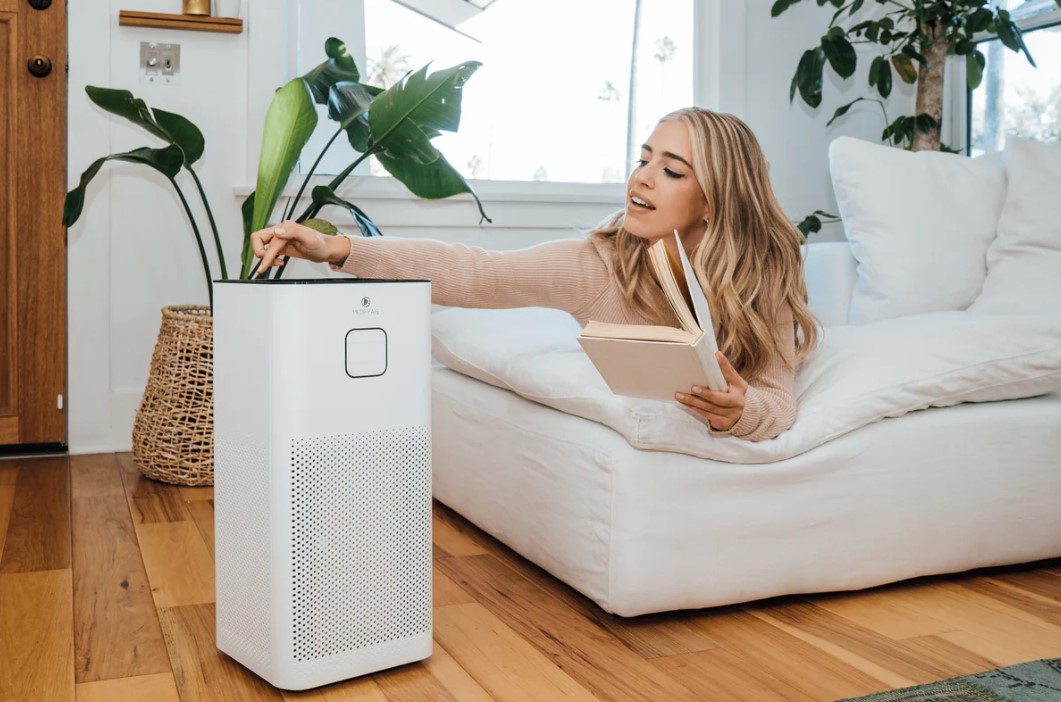Are Air Purifiers Bad For You?
If you suffer from respiratory problems, such as asthma, COPD, or seasonal allergies, you may have considered getting an air purifier for your home. Though air purifiers can be beneficial in reducing certain air pollution sources within your home, are air purifiers bad for you? These devices promise to clean the air we breathe, but like any technological device, they have their pros and cons.
In this article, we will explore how air purifiers work, their benefits and downsides, and how to choose the right air purifier for your needs.
How Do Air Purifiers Work?
Air purifiers use various advanced technologies to remove pollutants and particles from the air you breathe. As indoor air is drawn into the air purifier, it passes through one or several filters inside. These filters capture airborne pollutants, such as dust and pollen, and release purified air back into the surrounding space. Certain air purifiers are designed to eliminate particular types of pollutants, while others excel at removing gases.
Downsides of Air Purifiers
After getting to know some of the benefits of air purifiers, let’s move on to the most important question: Are air purifiers bad for you? While air purifiers come with various benefits, there are potential downsides to consider. Several types of air purifiers, such as ozone generators, can release ozone into the air, which is known to exacerbate respiratory health. Some manufacturers claim, however, that their newer models do not emit ozone or reactive oxygen species.
Additionally, the noise generated by some air purifiers might be bothersome for some individuals. Maintenance costs, such as filter replacements and energy consumption, should also be factored in.

Benefits of Air Purifiers
Air purifiers work by removing pollutants and particles from the air, offering numerous benefits for your health. Here are some benefits of having an air purifier in your living space.
1. Improved air quality
Air purifiers are designed to eliminate a wide range of airborne impurities, including dust, pollen, pet dander, and mold spores. By doing so, they effectively enhance indoor air quality, decreasing the risk of allergies, asthma, and other respiratory issues.

2. Odor elimination
Equipped with activated carbon filters, air purifiers can remove odors and smells from cooking, smoking, pets, and more. This leads to a fresher and more pleasant indoor environment for you and your family.
3. Allergen reduction
For those with allergies or sensitivities to airborne allergens, air purifiers provide significant relief. These units capture and trap allergens, preventing them from circulating in the air and triggering allergic reactions.
4. Enhanced sleep quality
Air quality plays a vital role in sleep quality. By removing airborne particles and irritants, air purifiers create a better sleep environment, allowing you to breathe easily and have better sleep at night.
5. Respiratory health benefits
The cleaner air you get from air purifiers can lead to improved respiratory health. If you suffer from health conditions such as asthma, bronchitis, or COPD, you may expect milder symptoms as well as enhance your overall quality of life.

Choosing the Best Air Purifier for Your Living Space
Now that we know are air purifiers bad for you, it is important to consider the following factors when choosing the right air purifier for your home:
- Opt for true HEPA filters, as they are highly effective in eliminating ultra-fine particles such as pollen, dust mites, mold, and pet dander.
- Ensure adequate airflow to cover all the air in a room.
- Avoid purifiers labeled as HEPA-like or HEPA-type, as these are merely marketing tactics and may not function at the same level as true HEPA filters.
- If possible, look for a unit with the Association of Home Appliance Manufacturers (AHAM) Verified mark. While this is a voluntary certification program, most high-quality devices have undergone this evaluation process.
- Is not an electrostatic precipitator or ionization.
- Mechanically purify the air.
- Air filtration capacity ranges between 1,100 to 2,200 CFM.

If you can endure the noise, some high-capacity portable models can effectively fulfill the task. Alternatively, ceiling-mounted models are excellent choices since they distribute airflow evenly throughout the room. While certain ceiling-mounted units include a motor, which can cause loud noises, others that mount on ceiling fan motors are nearly silent and have no motorized parts. These models are highly energy efficient, consuming less electricity than a standard 100-watt light bulb.
For a room of approximately 400 sqft, you can expect to pay around $400 to $1,500 or more for an air purifier that meets your requirements. While this may seem expensive, it will be cheaper than the medications for asthma and allergies. The benefits of breathing easier, sleeping better, and being healthier are priceless – but only if you invest in an air purifier that is safe and effective.
Bottom Line
Air purifiers can be a valuable addition to your indoor environment, providing better air quality and other health benefits. However, the question “Are air purifiers bad for you?” depends on the efficiency and safety of the air purifiers you use. Each air purifier is different, and it is essential to choose wisely to avoid potential drawbacks. Having a good understanding of air purifiers will allow you to create a healthier living environment for yourself and your family.
Related Articles